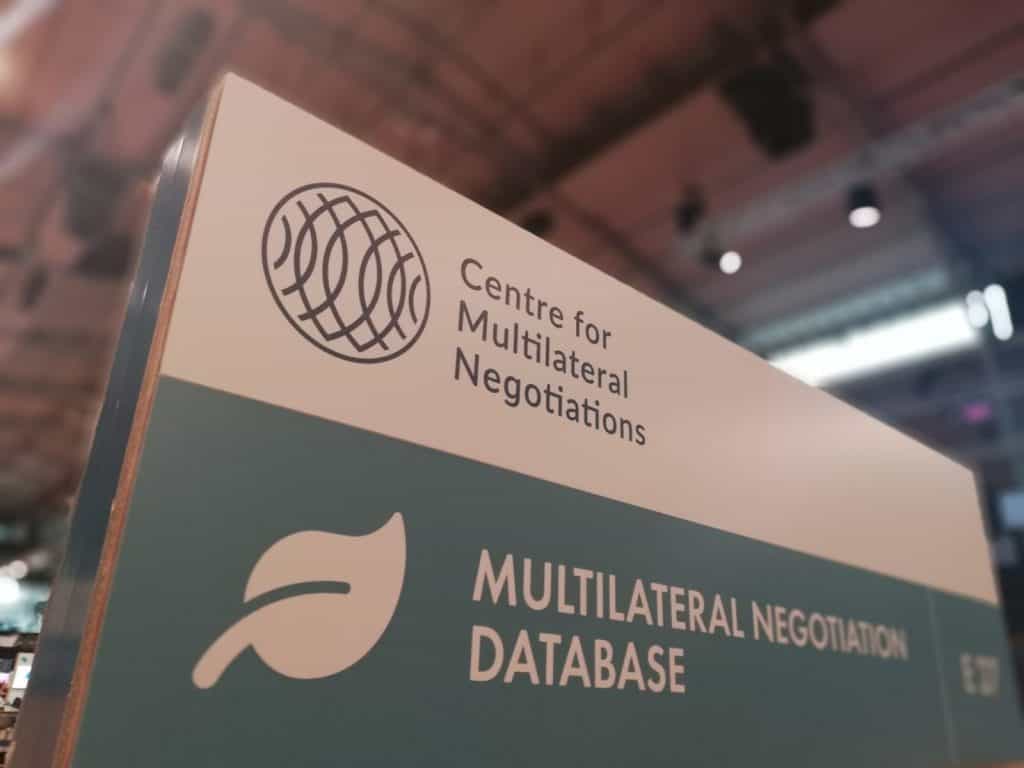The CEMUNE Story

CEMUNE was forged in the aftermath of the failed 2009 global climate change conference in Copenhagen, where negotiations to formalize a global response to climate change collapsed, delaying a global agreement on climate change for over five years. Dr. Kai Monheim, an expert in multilateral negotiations, sought to understand why.
He made finding out the “why” the focus of his PhD at the London School of Economics, concluding that the complexities of the process led by the COP Presidency and the UNFCCC were not conducive to achieving the necessary outcomes, hindering the timely and transformative action required. Additionally, many negotiators involved in global processes, while proficient in technical knowledge, often required additional support for the highest and most intense multilateral negotiations. The private sector, which ultimately translates international agreements into economic activity, was either absent from discussions or unaware of the influential impact they could have. This combination of factors led to incremental progress when what the world needed — still needs — is significant, transformative action.
Building on his PhD research, Dr. Monheim launched CEMUNE, a non-partisan organization of experts dedicated to supporting policymakers with the knowledge, skills and advice needed to reach transformative global sustainability agreements and working with businesses and other stakeholders to translate these agreements into ground-level actions.
Work began immediately. In 2014 CEMUNE provided its first negotiation support workshops to the French COP Presidency and the Executive Secretary of the UNFCCC, contributing to the landmark Paris Agreement, which formally established the world’s response to climate change. This was followed by additional training support for six UNFCCC COPs – most recently direct COP Presidency support in Dubai at COP28 and, currently, for the COP29 leadership team in Baku – two World Trade Organization ministerial conferences and additional support for organizations such as UNCCD, the Convention on Biodiversity, and ASEAN.
Leaders praise CEMUNE for the professionalism it brings to multilateral negotiations, its inclusivity and its deep belief that collaboration is not only the most effective strategy to address the world's pressing environmental challenges; it’s our only option.
As former Executive Secretary of the UNFCCC Christiana Figueres said after working with CEMUNE: “Negotiations cannot be improvised. An understanding of the rules and dynamics inherent in any multilateral negotiation is as important as the knowledge of the substance.”


Collaboration is crucial as we race against time. With only seven years left until the pivotal year of 2030, humanity must work together to cut emissions nearly in half, preserving the central promise of the Paris Agreement. Effective multilateral negotiations are imperative for our survival as a species.
However, survival must not be our only aim. Successfully concluding agreements on a global scale – and then implementing them – has the potential to be among humanity’s greatest achievements. Despite differences in ideologies, cultures and political approaches, this could be the first generation to collectively address global challenges at a scale no previous generation has achieved.
CEMUNE has the people, experience, research, and a proven negotiations approach to provide the capacity-building, skills and knowledge that negotiators need. Additionally, we can help bring the private sector, civil society, and other stakeholders into multilateral processes, ensuring they also have a voice and input before final decisions are made.
That’s true collaboration. That’s real progress. That’s the CEMUNE difference.